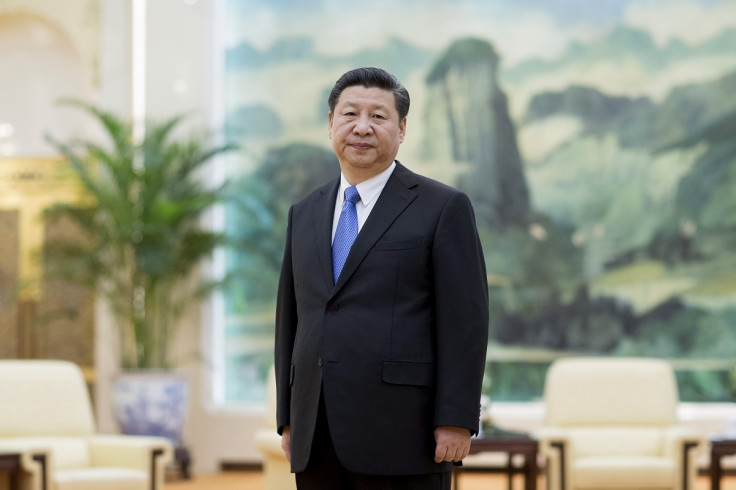Western governments and rights groups concerned over China's clampdown on 7,000 foreign NGOs

China has passed new laws limiting the role of foreign non-government organisations operating in the country. The US and Germany have expressed serious concerns over the move.
To limit the Western influence of more than 7,000 overseas non-governmental groups, the new law passed by Chinese legislators grants wide-reaching powers to the police to monitor them. The Chinese government's clampdown on the civil society goes in line with President Xi Jinping's promise to rein total control over the country's culture and economy.
While critics suspect the move is a veiled attempt to suppress dissent, the Chinese administration said the law has been long overdue. "We welcome overseas NGOs and our door is wide open. There is no reason to worry about this law nor the involvement of the police," Guo Linmao, an official with the Commission for Legislative Affairs of the National People's Congress's Standing Committee, told reporters.
Once the law comes into effect in January 2017, foreign NGOs will have to register with the police and seek permission to set up their base in China. Their funding will also come under increased scrutiny as the law effectively hands over the monitoring process to security agencies instead of Beijing's ministry of civil affairs. The legislation states the NGOs should not threaten China's national security and ethnic unity.
The White House was among the first to respond voicing alarms over the matter. Its National Security Council spokesperson Ned Price said: "We urge China to respect the rights and freedoms of human rights defenders, journalists, business groups, development professionals, and all others who make up civil society, including by protecting the ability of foreign NGOs to operate in China."
All of the NGOs which will be affected by the new law have their footprint on a broad range of affairs such as philanthropy, environment and education. The final version of the legislation was introduced after several rounds of modifications. Earlier drafts, which contained even stricter measures including a limit on the number of branches, would have crippled the operations of NGOs in the country.
Responding to the development, Amnesty International said: "The new law will have severe consequences for freedom of expression, peaceful assembly, and association, which are already sharply curtailed under existing laws and policies."
While the Network of Chinese Human Rights Defenders called the law as "draconian", the Germany embassy in China also expressed serious concerns by saying: "The law continues to focus strongly on security and contains numerous approval and documentation requirements, as well as other norms restricting activities."
© Copyright IBTimes 2025. All rights reserved.






















